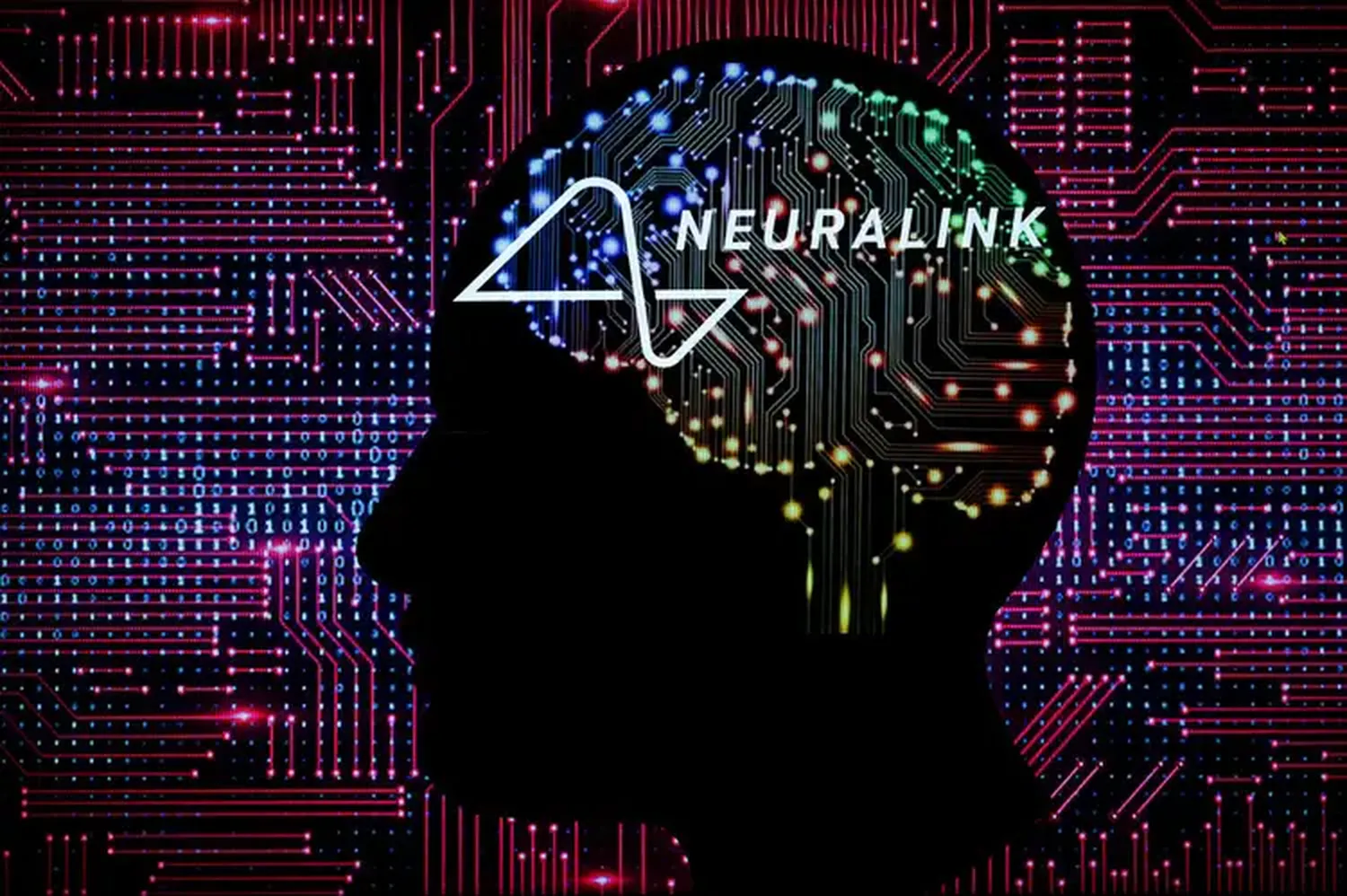Brain Implant
First Human with Neuralink Chip Implant Controls Computer with Mind
In a groundbreaking demonstration that could herald a new era in assistive technology, Neuralink, the brain science startup founded by Elon Musk, showcased its first human patient, Noland Arbaugh, using a brain implant to control a computer. The nine-minute video, released on Musk's social media platform X, displayed Arbaugh, a 29-year-old quadriplegic, playing chess and managing computer functions purely through his thoughts. This event marks a significant milestone in the development of brain-computer interfaces (BCIs), offering a glimpse into a future where technology could restore autonomy to individuals with severe physical disabilities.
Noland Arbaugh's journey to this moment began eight years ago, following a diving accident that left him paralyzed below his shoulders. Since then, Arbaugh has relied on assistive devices like a mouth stick for certain tasks. However, the Neuralink implant has opened up new possibilities for interaction with his environment, allowing him to perform tasks on a computer without any physical movement. "It’s all being done with my brain. If y’all can see the cursor moving around the screen, that’s all me. It’s pretty cool, huh?" Arbaugh said during the livestream, with a Neuralink employee by his side.
The demonstration is the result of Neuralink's ongoing efforts to develop a viable brain-computer interface, a technology that decodes movement intention from brain signals. The company's initial goal is to enable paralyzed individuals to control cursors or keyboards using their thoughts alone. Neuralink's approach involves implanting a device in the brain using a surgical robot developed by the company. This device is cosmetically invisible once in place and is designed to analyze brain signals and translate them into commands to control external technologies.
Neuralink's livestream follows decades of research in the field of BCIs, with the first interface device implanted in a human in 2004. Since then, other companies like Blackrock Neurotech and Synchron have also developed functioning brain implants, each with its unique approach. Neuralink, however, has garnered significant attention due to Musk's involvement and the company's relatively secretive nature regarding its developments.
The FDA granted Neuralink approval for its first in-human clinical study in May, allowing the company to move forward with testing its implant in patients. Arbaugh's participation in this study and his ability to control a computer using his thoughts represent a promising step forward in the application of BCIs for therapeutic purposes. During the livestream, Arbaugh discussed the training process he underwent after the device was implanted in January, describing how imagining movements eventually led to intuitive control of the computer cursor. "It was like using The Force on the cursor, and I could get it to move wherever I wanted," he explained, referencing the iconic "Star Wars" franchise.
While Neuralink's demonstration has been met with excitement, it also raises questions about the future of BCIs and their potential impact on society. Ethical considerations, privacy concerns, and the long-term effects of brain implants are topics that will need to be addressed as this technology continues to evolve. Nonetheless, the success of Neuralink's first human trial offers hope for individuals with severe physical disabilities, suggesting that BCIs could significantly enhance their quality of life by restoring a level of independence previously thought impossible.

